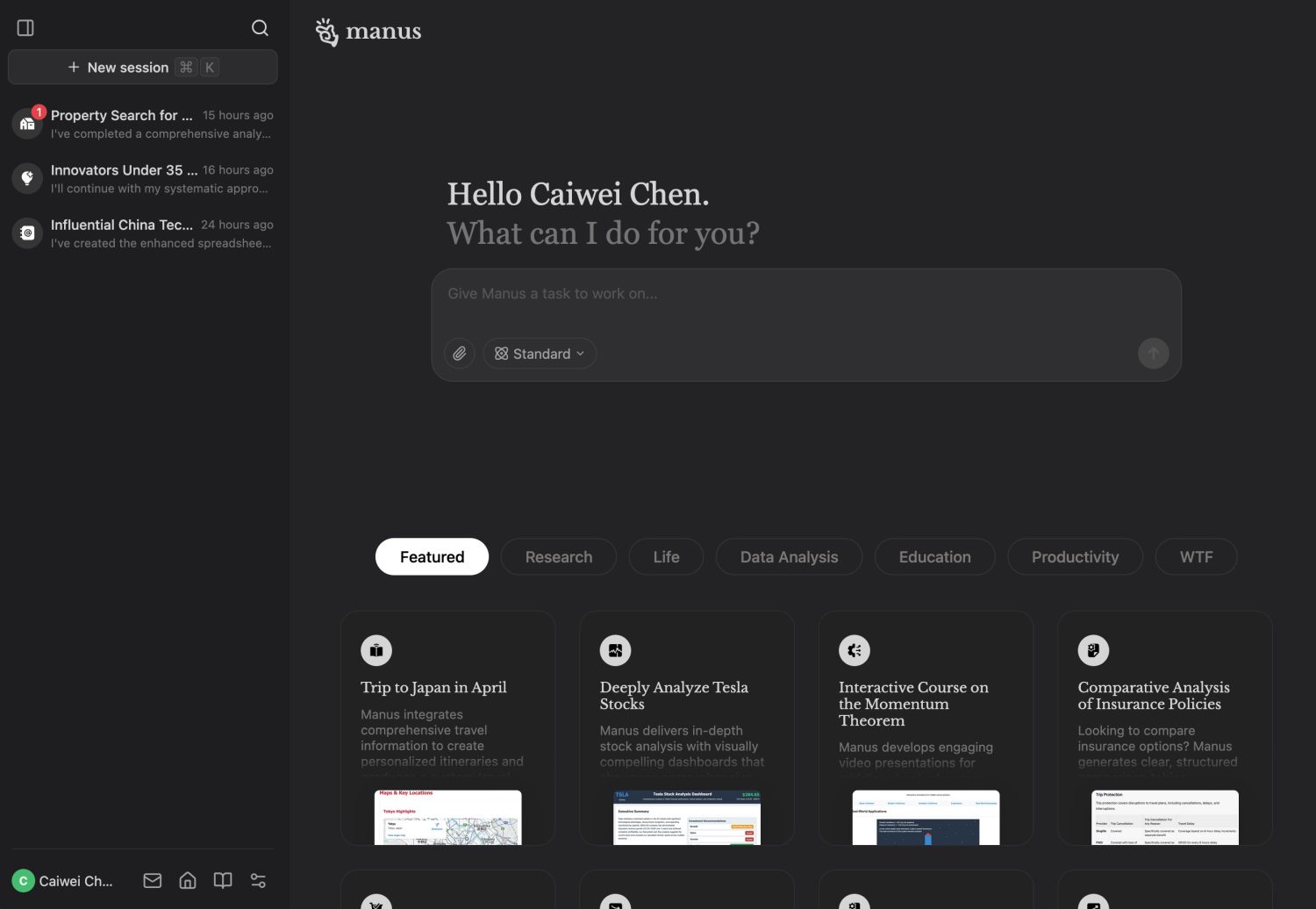
OpenAI has released its first research into how using ChatGPT affects people’s emotional wellbeing
OpenAI says over 400 million people use ChatGPT every week. But how does interacting with it affect us? Does it make us more or less lonely? These are some of the questions OpenAI set out to investigate, in partnership with the MIT Media Lab, in a pair of new studies. They found that only a…
Read More
Powering the food industry with AI
There has never been a more pressing time for food producers to harness technology to tackle the sector’s tough mission. To produce ever more healthy and appealing food for a growing global population in a way that is resilient and affordable, all while minimizing waste and reducing the sector’s environmental impact. From farm to factory,…
Read More
When you might start speaking to robots
This story originally appeared in The Algorithm, our weekly newsletter on AI. To get stories like this in your inbox first, sign up here. Last Wednesday, Google made a somewhat surprising announcement. It launched a version of its AI model, Gemini, that can do things not just in the digital realm of chatbots and internet search…
Read More
Is Google playing catchup on search with OpenAI?
This story originally appeared in The Debrief with Mat Honan, a weekly newsletter about the biggest stories in tech from our editor in chief. Sign up here to get the next one in your inbox. I’ve been mulling over something that Will Heaven, our senior editor for AI, pointed out not too long ago: that all the big players…
Read More
Gemini Robotics uses Google’s top language model to make robots more useful
Google DeepMind has released a new model, Gemini Robotics, that combines its best large language model with robotics. Plugging in the LLM seems to give robots the ability to be more dexterous, work from natural-language commands, and generalize across tasks. All three are things that robots have struggled to do until now. The team hopes…
Read More
These new AI benchmarks could help make models less biased
New AI benchmarks could help developers reduce bias in AI models, potentially making them fairer and less likely to cause harm. The research, from a team based at Stanford, was posted to the arXiv preprint server in early February. The researchers were inspired to look into the problem of bias after witnessing clumsy missteps in…
Read More
Everyone in AI is talking about Manus. We put it to the test.
Since general AI agent Manus was launched last week, it has spread online like wildfire. And not just in China either, where it was developed by Wuhan-based startup Butterfly Effect. It’s made its way into the global conversation, with influential voices in tech, including Twitter co-founder Jack Dorsey and Hugging Face product lead Victor Mustar,…
Read More
Waabi says its virtual robotrucks are realistic enough to prove the real ones are safe
Canadian robotruck startup Waabi says its super-realistic virtual simulation is now accurate enough to prove the safety of its driverless big rigs without having to run them for miles on real roads. The company uses a digital twin of its real-world robotrucks, loaded up with real sensor data, and measures how the twin’s performance compares…
Read More
These two new AI benchmarks could help make models less biased
A new pair of AI benchmarks could help developers reduce bias in AI models, potentially making them fairer and less likely to cause harm. The research, from a team based at Stanford, was posted to the arXiv preprint server in early February. The researchers were inspired to look into the problem of bias after witnessing…
Read More
AGI is suddenly a dinner table topic
This story originally appeared in The Algorithm, our weekly newsletter on AI. To get stories like this in your inbox first, sign up here. The concept of artificial general intelligence—an ultra-powerful AI system we don’t have yet—can be thought of as a balloon, repeatedly inflated with hype during peaks of optimism (or fear) about its potential…
Read More